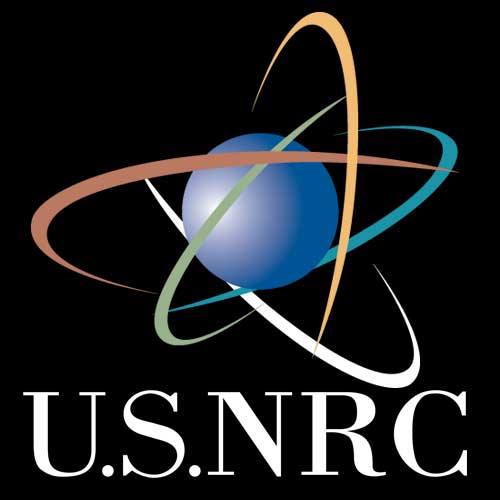
The Nuclear Regulatory Commission has laid out its plans for traversing the government shutdown which began on Wednesday.
The White House’s Office of Management and Budget (OMB) sent out an approved lapse plan for the independent agency on Tuesday.
Under the plan, when carryover funds at the NRC are all exhausted, activities, including licensing, inspections and permitting, will be paused until the Congress approves the upcoming fiscal budget, or a continuing resolution.
The licensing that will be delayed or discontinued in those scenarios can range from pre-application activities and environmental reviews, as described in the guidance.
NRC’s chief financial officer will be responsible to estimate “the amount of unobligated carryover funds remaining and the number of days the agency can possibly operate before funds are exhausted and shutdown will be required”, according to the guidance. The NRC chair will oversee the execution of the contingency plan.
For the NRC workforce, the independent agency will have 1,837 employees furloughed under the lapse plan. It will retain 571 employees that are “necessary to the discharge of the President’s constitutional duties and powers”, as stated in the guidance.
In the event of an emergency, NRC will call back relevant staff on an “as needed basis”, as written in the guidance. In that situation, the staff member would be expected until the issue is resolved.
Union of Concerned Scientists director of nuclear power safety Edwin Lyman told Exchange Monitor Friday morning he was concerned that paused activities of the NRC, such as inspections and other oversight-related activities, could jeopardize nuclear safety.
Lyman also questioned how the priority of executive order 14300, Ordering the Reform of the Nuclear Regulatory Commission, would affect the remaining appropriations among the other priorities such as nuclear oversight.
Lyman added that he was surprised that President Donald Trump administration’s paused nuclear licensing activities for the new advanced reactors given its recent push for nuclear energy. With the pause, he said he expects new reactor licensing deadlines to be harder to achieve now due to this.
While Lyman said he did not believe the licensing deadlines of new reactors were realistic in the first place, he was more concerned about reduced oversight issues with the U.S. current reactor fleet.